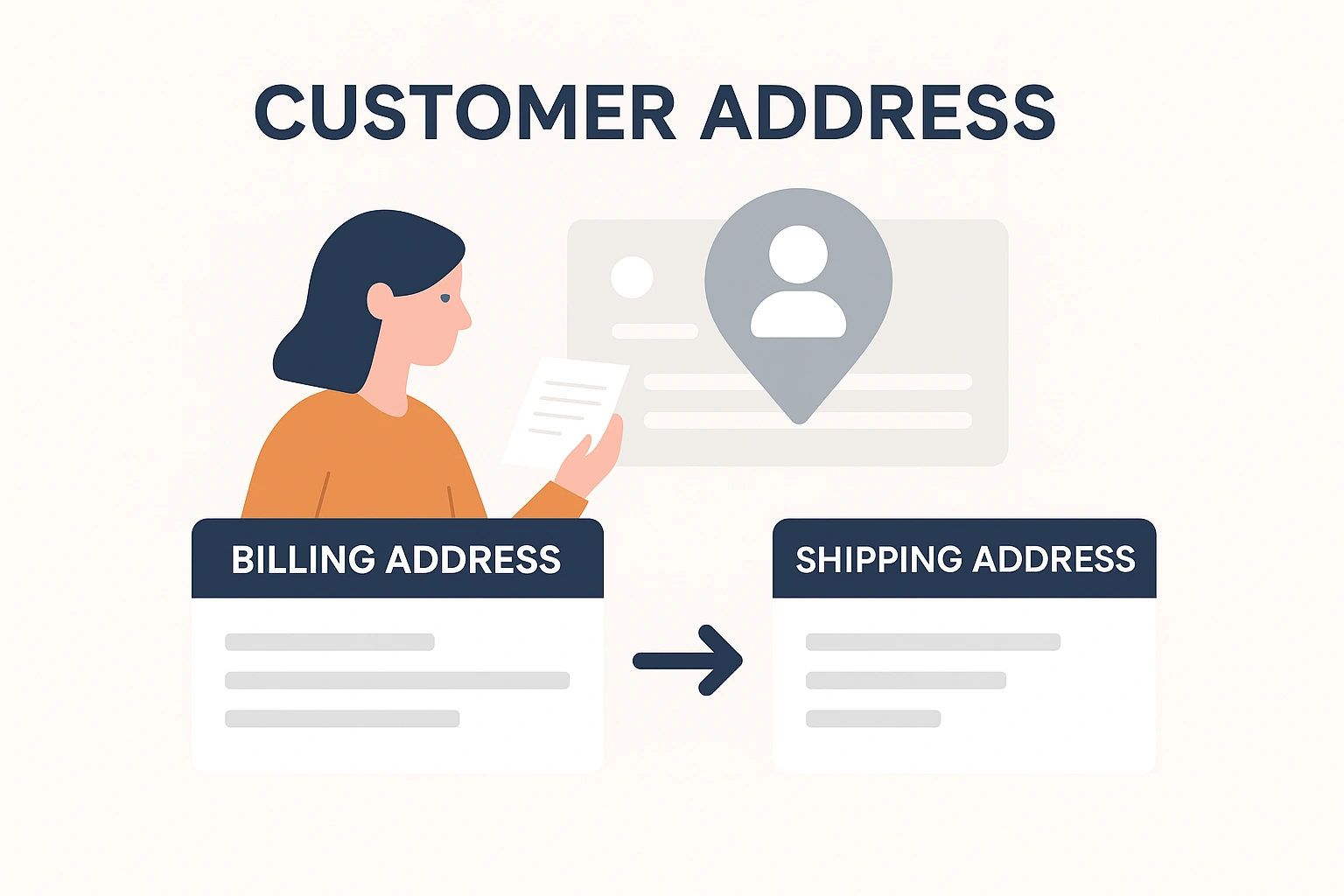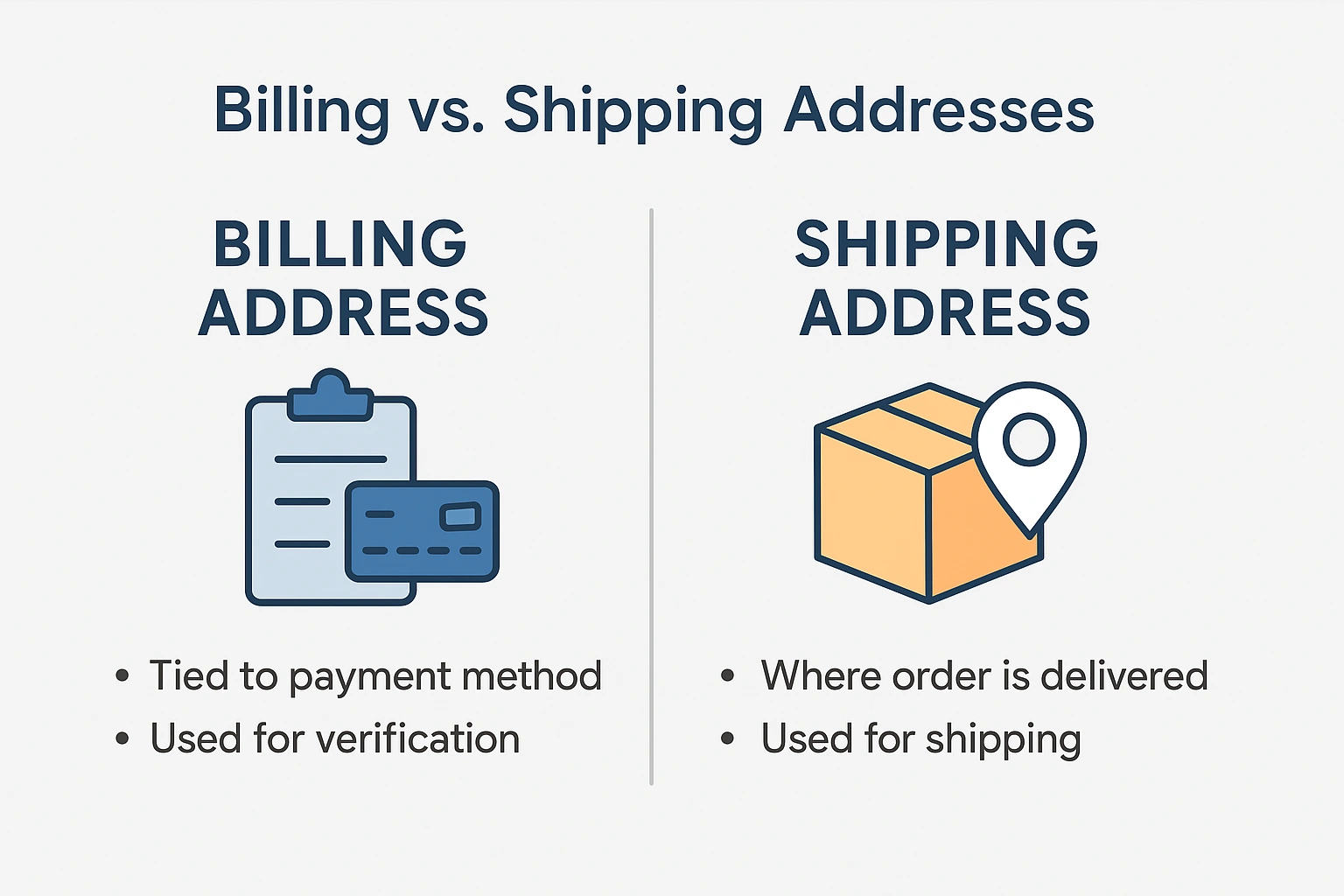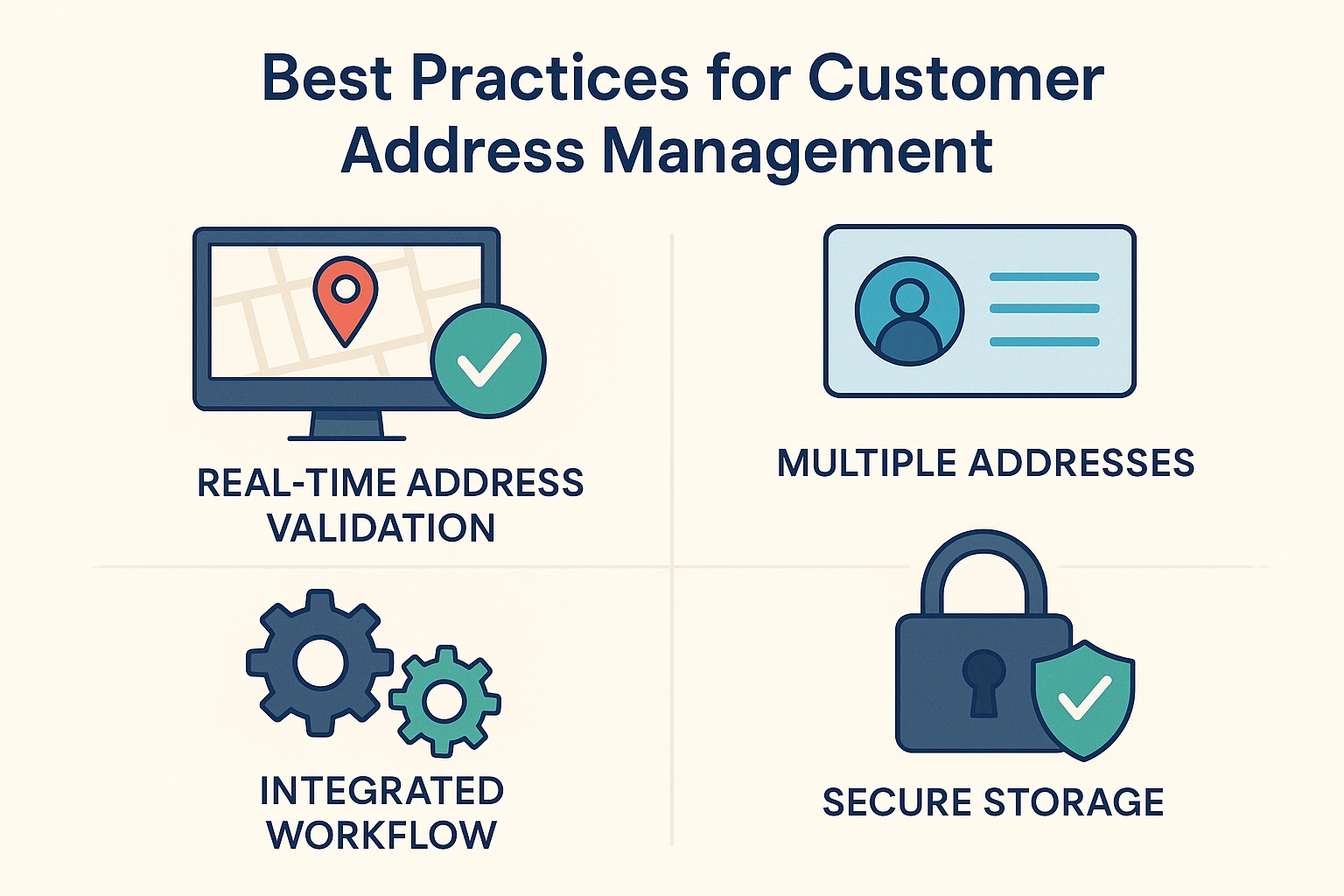Shopware Dictionary
Customer Address- BIlling and Shipping adresses
Managing customer addresses is a crucial part of any e-commerce operation, as it directly impacts order accuracy, delivery efficiency, and overall customer satisfaction. Billing and shipping addresses serve different purposes, yet both are essential for ensuring seamless transactions.


